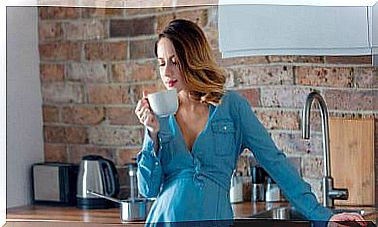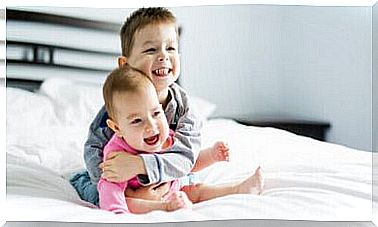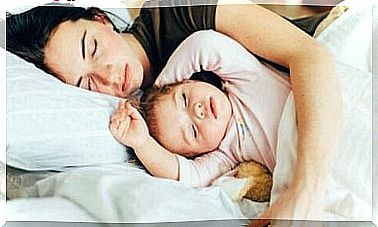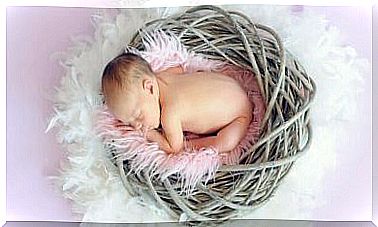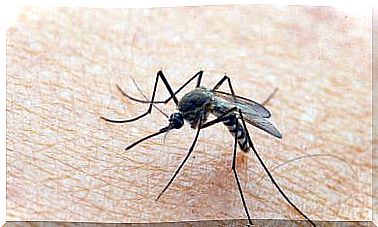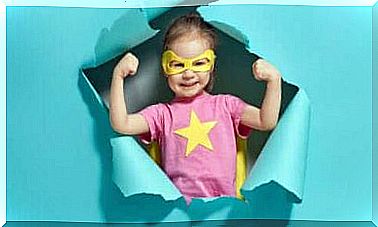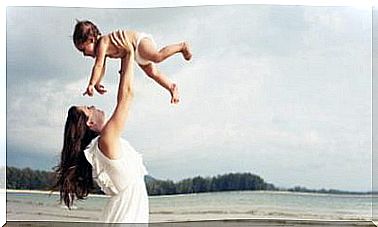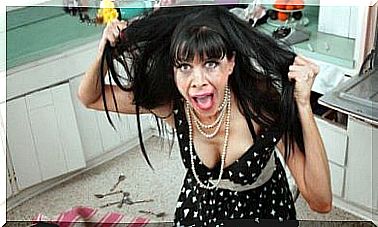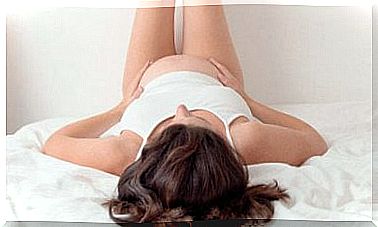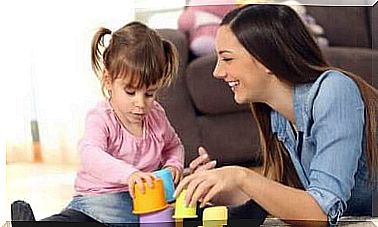Baby Hygiene And Health: 5 Basic Tips
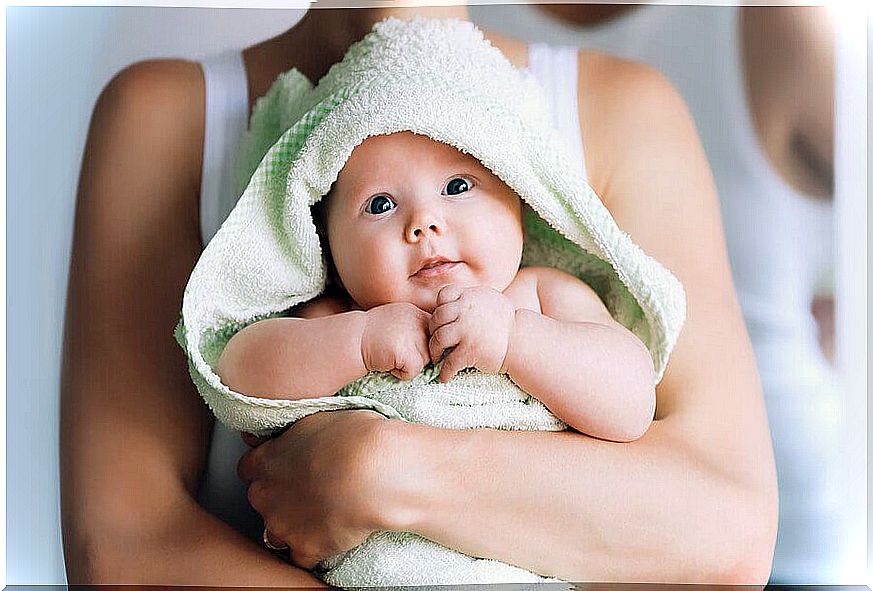
Baby hygiene, as well as proper nutrition, for example, is a key factor in ensuring a child’s well-being. Parents should be careful and aware of expert advice.
Pediatricians give detailed instructions on everything related to your baby’s health and hygiene, but when it’s time to take advice, parents may be confused or or afraid for a fragile newborn. To ease the situation, we list here five basic tips for taking the best care of your baby’s hygiene and health.
Baby Hygiene and Health: 5 Basic Tips
First, parents need to remember to take care of their own hygiene, which means washing their hands before touching a baby, changing a diaper, or feeding a child.
This is necessary because the baby’s resistance has not yet developed properly. If adults do not keep their hands clean, they may inadvertently damage the baby’s health.
1. Caring for your baby’s skin
The baby has very sensitive skin. Always use only special products intended for children. Thoroughly clean skin wrinkles, chest, arms, legs and back.
To wash your head, use only a small amount of shampoo suitable for children, and be careful not to get the substance into the baby’s eyes. It is important that you rinse thoroughly with any excess detergent and shampoo.
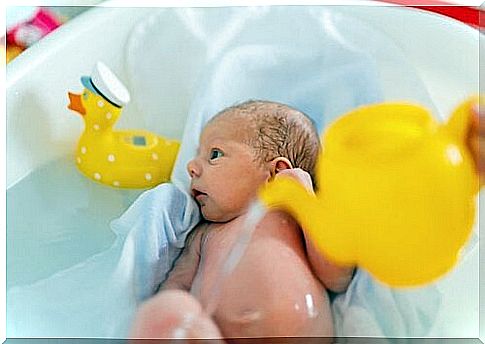
After lifting the baby out of the tub, dry him well and apply a moisturizer to the skin. Avoid using fragrances in both hair and skin products as they can cause irritation and discomfort in the baby’s skin.
2. Changing the diaper
Proper cleaning of the buttocks is one of the key issues to ensure your baby’s comfort and well-being. The skin in this area can easily become irritated due to the use of the diaper and the associated moisture and feces.
For girls, you should always wipe from front to back to prevent feces from reaching the vaginal area.
3. Cleaning the ears
Contrary to what many parents think, a baby’s ears should not be cleaned with a cotton swab. Dry the baby’s outer ear after a bath, but leave the ear canal alone. By putting a cotton swab inside your ear, you may push the impact deeper into the ear canal and, at worst, cause inflammation or blockage.
4. Nail care
The baby’s nails are naturally very fragile, and cutting them makes many parents nervous. For the top of the child’s nails can be treated with a soft file, and in the first months you should use special blunt-headed scissors or cutters.
The best time to cut your nails is when your child is as relaxed as possible. This can be after a bath or feeding or even while the baby is sleeping. The baby’s nails should be cut directly as this will prevent the nails from growing in.
5. Cleaning the hub
The umbilical cord that stays from the umbilical cord to the baby’s navel usually detaches on its own in about two weeks. The navel must be treated until it is completely healed.
To ensure proper healing, it is recommended that the navel area be cleaned with cotton swabs, cotton swabs, and clean water. After cleaning, the base of the umbilical cord must be dried well, as humid conditions are a favorable breeding ground for the umbilical cord.
When replacing the diaper, care must be taken not to get the diaper stuck in the hub. The stump and skin should be allowed to detach from themselves and should not be torn or otherwise forced to come loose.
Caring for a baby may seem difficult at first, but the basics quickly turn into routines that, as the months go by, no longer require much effort or remembering.
